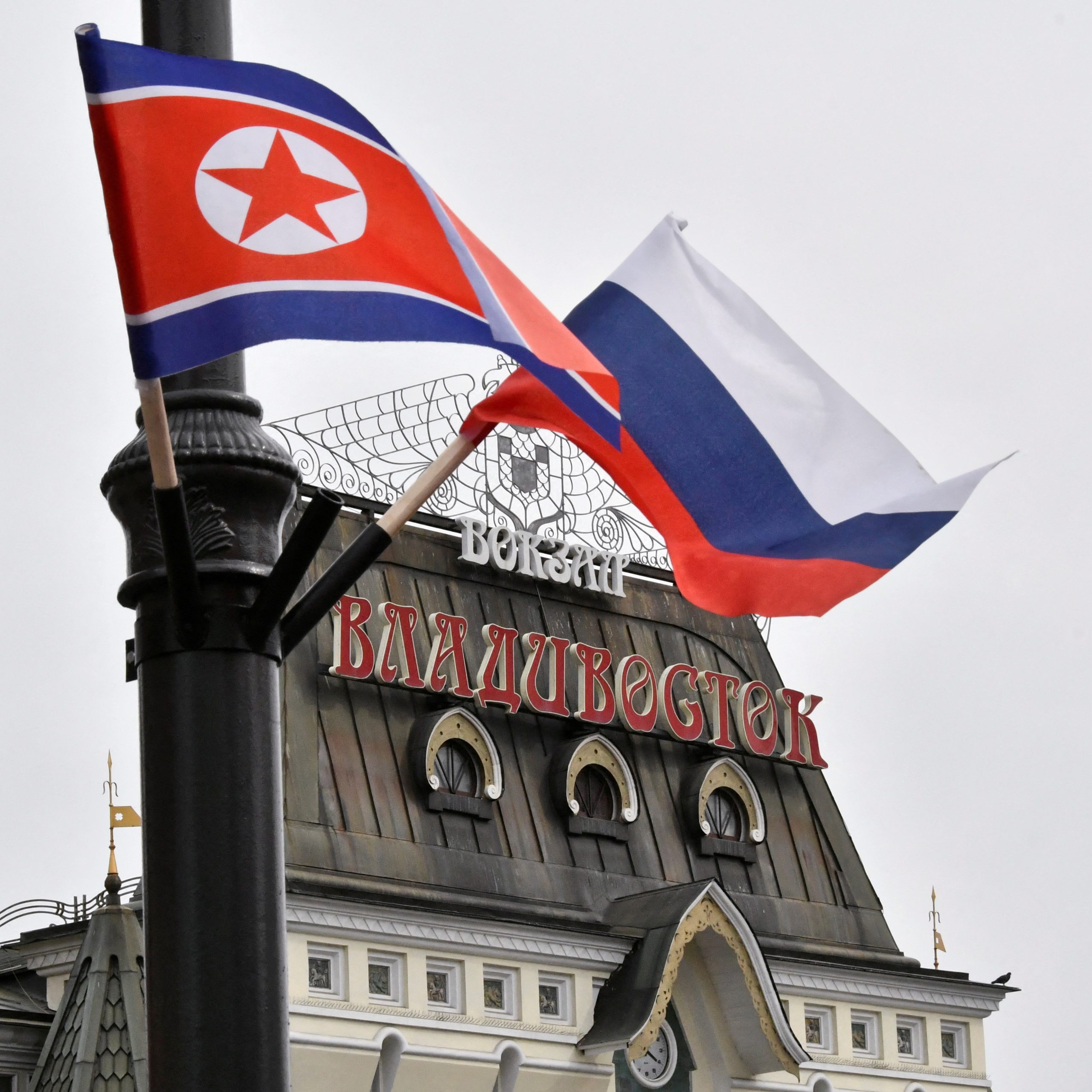As we come to a close to the year 2022, we find ourselves wondering what 2023 may bring for the cryptocurrency industry. Well, on the very first day of the new year, China will officially launch its very own regulated NFT marketplace.
The venture, which will operate as a secondary market for the trading of NFTs, was established by the state-owned Chinese Technology Exchange, the state-owned Art Exhibitions China, and the privately held corporate entity Huban Digital Copyrights Ltd.
The trading license of the platform is based on the China Digital Exchange, and the subject matter of the transaction is related digital collections and digital copyrights. What kind of goods are they? Not sure yet.
Yin Tao, President Huban Digital
In addition to being used to sell collectibles, the market, whose name literally translates to China Digital Asset Trading Platform, will also be used for the trading of digital copyrights and property rights.
On the first of the new year, there will be a celebration in Beijing, the capital of the nation, to celebrate the beginning of operations at the marketplace.
According to Yin Tao, the precise trade commodities and trading regulations are still currently being studied and discussed.
He continued by saying that as an example, there are constraints on the timing and price of transaction delivery and that the excessive hype that is present in the secondary market may be prevented by developing standardized trading methods and standards.
Digital collections are a new form of company, and laws, rules, and regulatory policies will be progressively improved, so there are some uncertainties, according to Yu Jianing, an expert on digital assets and metaverse developments in China.
He adds that because of this, there are certain unknowns about the industry supervision and compliance requirements for digital collections.
Platforms have very specific duties when it comes to the distribution and exchange of digital collections. When compared to copyrights and intellectual property rights, the compliance concerns associated with digital collections are far higher, says Yu.
China’s relationship with NFTs
Non-fungible tokens, also known as NFTs, have seen a meteoric rise in popularity among Chinese citizens in recent times, and marketing campaigns that use these digital assets have grown more common in China.
On December 10, a Chinese court in Hangzhou ruled that NFTs are a type of online virtual property that is eligible for legal protection in the Asian country.
The court equated the purchasing and selling of digital items via the internet with the concept of virtual property and classified digital collectibles as part of that category.
Following the categorization, the court arrived at the conclusion that the rules of the jurisdiction governing e-commerce would apply to NFTs.
After the general prohibition on virtual assets, the ruling of the court has been praised for its ability to eliminate any remaining doubt about the asset class.
This established a standard for how the Chinese judicial system will deal with NFTs going forward in that respect.
Since last year, cryptocurrency exchanges have been outlawed in China, despite the fact that cryptocurrency itself is recognized as a kind of virtual property that is protected by the law.





